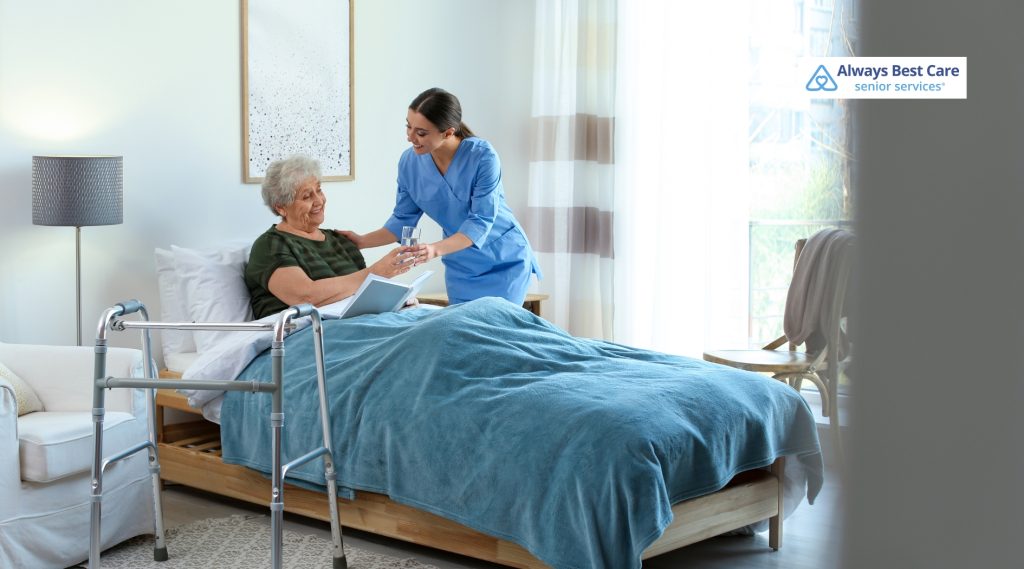Nurturing the Heart and Mind: A Guide to Senior Emotional Wellness in East Liverpool, OH

Here’s something most folks don’t talk about enough—caring for an aging parent or loved one goes way beyond doctor visits and pill bottles. Sure, managing diabetes or preventing falls matters, but what about the emotional storms seniors weather behind closed doors? Loneliness after losing a spouse, anxiety about declining independence, or depression that creeps in so quietly nobody notices until it’s taken hold.
Behavioral health—that blend of emotional, mental, and social wellness—deserves just as much attention as blood pressure readings. Yet it’s often pushed to the back burner until something goes seriously wrong. We’re here to change that conversation.
What you will learn:
- The importance of behavioral health for seniors, and how emotional, mental, and social well-being impact overall health and quality of life.
- Common red flags of behavioral health issues in seniors include mood changes, withdrawal from activities, and confusion.
- Practical steps families can take to support their loved one’s emotional wellness, such as staying connected, encouraging movement, and listening actively.
- How Always Best Care of East Liverpool, OH, supports seniors’ behavioral health with companionship, structured routines, medication reminders, and specialized memory care.

Table of Contents
Understanding Behavioral Health for Seniors
Think of behavioral health as the invisible thread connecting thoughts, feelings, and actions to overall wellness. For older adults in East Liverpool, OH, this might look like:
- Learning to live alone after decades of marriage
- Wrestling with depression that won’t seem to lift
- Navigating memory loss and the confusion it brings
- Handling stress from significant health changes or lifestyle shifts
Strong behavioral health builds resilience and keeps independence alive. When does it suffer? Physical conditions worsen, joy fades, and daily life becomes a struggle.
Red Flags You Shouldn’t Ignore
Behavioral health issues rarely announce themselves with fanfare. Instead, they slip in through subtle changes that families might brush off at first. Keep your eyes open for:
- Pulling away from church groups, card games, or grandkids’ visits
- Abandoning beloved hobbies like gardening or woodworking
- Sleeping way more than usual—or hardly at all
- Eating patterns that shift dramatically
- Cranky outbursts or tears that seem to come from nowhere
- Skipping medications or forgetting basic hygiene
- Getting confused about familiar places or people
- Rising agitation over small things
Don’t fall into the trap of thinking “that’s just how old people get.” These aren’t normal aging milestones—they’re distress signals worth investigating.

The Mind-Body Connection You Can’t Ignore
Here’s the kicker: emotional struggles don’t stay in your head. Seniors dealing with behavioral health challenges often face:
- Slower healing after operations or injuries
- Higher chances of heart attacks or strokes
- Tougher times controlling blood sugar or blood pressure
- Weakened immune systems that can’t fight off illness
Supporting emotional wellness isn’t some touchy-feely extra—it’s essential medicine for living longer and better.
What Families Can Do Right Now
You don’t need a psychology degree to make a real difference in your loved one’s behavioral health. Try these practical moves:
Stay Connected
Weekly phone calls, video chats with great-grandkids, or afternoon coffee dates can work wonders against isolation.
Get Moving Together
Even gentle walks around the neighborhood lift spirits and clear foggy minds.
Keep Interests Alive
Dust off that paint set, pull out the crossword puzzles, or plant some tomatoes together.
Really Listen
Create safe spaces for honest conversations without jumping in with solutions or brushing off concerns.
Partner with Professionals
Regular appointments with doctors who understand senior behavioral health needs catch problems early.
Sometimes love and good intentions aren’t enough—and that’s okay. Professional support fills the gaps when things get overwhelming.
How We Support Emotional Wellness in East Liverpool, OH
At Always Best Care of East Liverpool, OH, we believe caring for the whole person means showing up for hearts and minds, not just bodies. Our caregivers provide:
- Genuine Companionship: Nobody should face their days alone. We’re there for conversation, laughter, and connection.
- Steady Routines: Structure brings comfort and stability, especially for seniors feeling unmoored by change.
- Gentle Reminders: Medications, appointments, meals—we help maintain the rhythm of daily life.
- Meaningful Activities: Whether it’s reminiscing over old photos or working on puzzles, we engage minds and lift spirits.
- Family Communication: We keep you informed about mood changes or concerns that need attention.
For seniors living with dementia or Alzheimer’s, our specialized memory care focuses on reducing anxiety through patience, familiarity, and compassionate understanding.
Frequently Asked Questions
Q: What’s the difference between sadness and depression in seniors?
A: Everyone feels down sometimes, but depression lingers for weeks, interferes with daily activities, and often includes physical symptoms like fatigue or appetite changes.
Q: Can behavioral health issues develop suddenly?
A: Sometimes yes—especially after major life events like losing a spouse or moving to a new home. Other times, they develop gradually and go unnoticed until they’re severe.
Q: Does Medicare cover behavioral health services?
A: Medicare Part B typically covers mental health services, including counseling and therapy sessions, though coverage specifics vary.
Q: How quickly should families act on warning signs?
A: Don’t wait and see if things improve on their own. Early intervention makes treatment more effective and prevents situations from worsening.

Ready to Support Your Loved One’s Emotional Health? Let Us Help with Compassionate Care and Personalized Support!
Behavioral health isn’t some optional add-on to senior care—it’s foundational. The emotional and mental wellness of your loved one affects everything from their physical health to their ability to find joy in each day.
If you’ve spotted changes in your parents or grandparents’ mood, behavior, or general outlook on life, trust those instincts. Reaching out for support shows strength, not weakness.
Contact Always Best Care of East Liverpool at (330) 385-5960 to learn more and schedule your free consultation.





